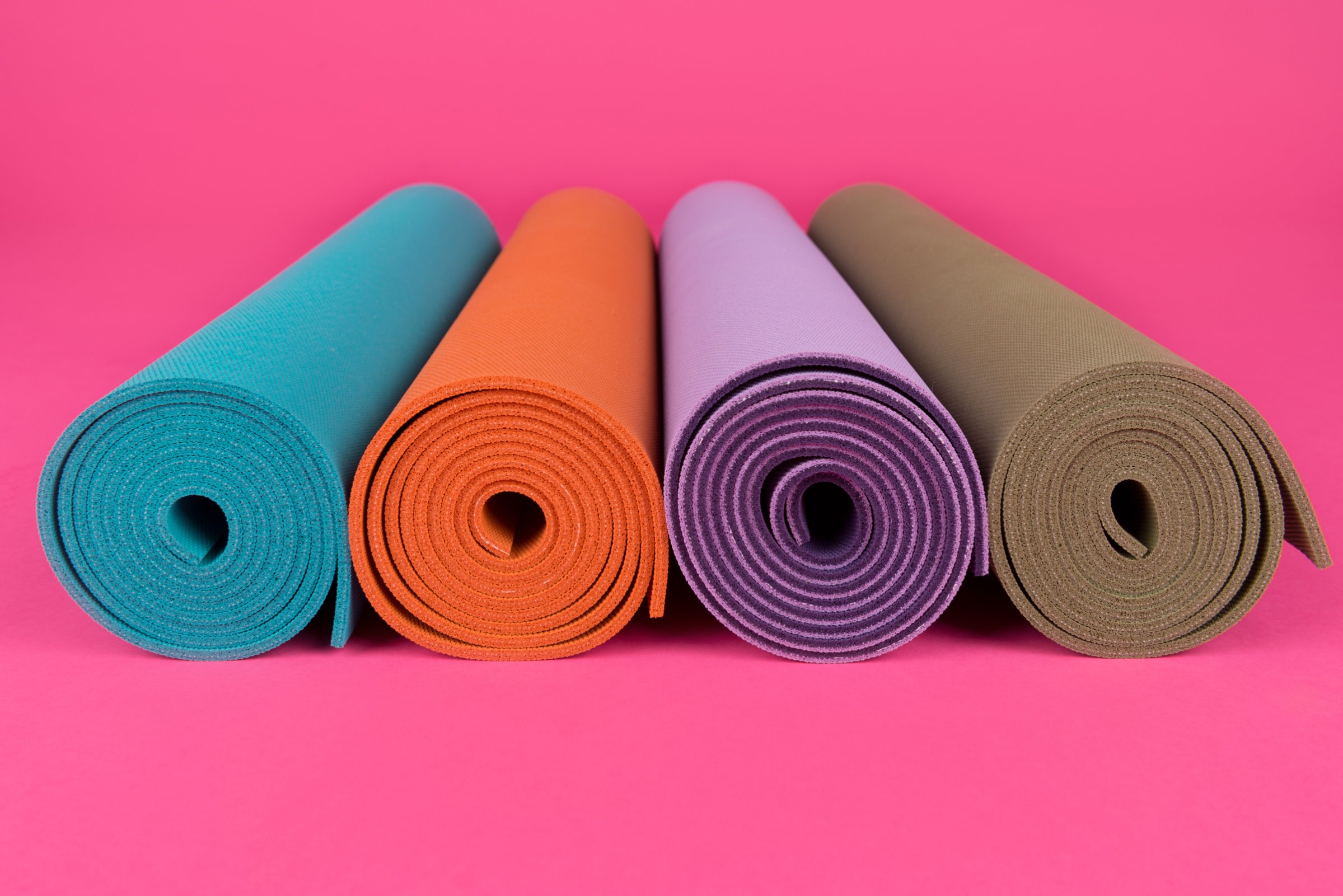
People receiving chemotherapy are often plagued by insomnia at night and excessive drowsiness during the day. But a new study in the journal Cancer suggests that yoga can help. Breast cancer patients in the study who practiced at home at least twice a week reported better sleep quality over time, compared to those who practiced less often or not at all.
The new research is “another piece of evidence, along with now dozens of studies, showing that incorporating a mind-body practice within conventional cancer care can help decrease side effects for patients,” says lead author Lorenzo Cohen, director of the integrative medicine program at the University of Texas MD Anderson Cancer Center.
Other studies have also suggested that yoga reduces sleep disturbances and fatigue in cancer patients, Cohen says, but most have not included control groups or long-term follow-up periods. This new study did both.
In the study, 227 women undergoing chemotherapy for breast cancer were split into three groups. One group attended four Tibetan yoga sessions, which focused on controlled breathing, visualization, meditation and postures that could all be done from a seated position, over 12 weeks. “We did this so that anyone could benefit, even if they had challenges doing a more rigorous style,” says Cohen. Another group attended a program that involved simple stretching, and the last group did neither and received only conventional care. The yoga and stretching sessions all lasted between 75 and 90 minutes, and the women were instructed to practice what they’d learned every day at home.
Before starting these sessions, the women all completed questionnaires and wore trackers for a week to monitor their sleep. They were retested one week after the 12-week study period, and again three, six and 12 months later.
MORE: Yoga Works as Well as Physical Therapy for Back Pain
When the researchers looked at each group as a whole, they found no significant improvements, in any group, in sleep disturbance or fatigue levels over time. But there was one short-term improvement in the yoga group: One week after their final session, the women who did yoga reported fewer daytime disturbances—like trouble staying awake and lack of enthusiasm to get things done—than those in the other two groups.
Long-term benefits for sleep were also apparent in women who said they did yoga at least twice a week at home, in addition to the four instructor-led sessions. Compared to those who practiced less, and to those in the other two groups, these women reported fewer daytime disturbances at their three-month follow-up, as well as better sleep quality and sleep efficiency—a measure of time actually spent asleep—at six months.
MORE: 6 Secrets To A Happier Life
The benefits were modest but still encouraging, says Cohen. The women only attended four classes over 12 weeks, he says, and may have benefited even more from additional sessions.
Cohen also doesn’t think that one type of yoga—or even one type of mind-body practice—is necessarily better than others for improving sleep in people who have cancer. Other mindfulness practices, like tai chi and qi gong, have also been shown to be beneficial.
“All of these practices focus on moving the body, relaxing the mind and regulating the breath,” Cohen says. “The best mind-body practice is the one you will do every day, and that’s what we saw from this study.”
More Must-Reads from TIME
- Cybersecurity Experts Are Sounding the Alarm on DOGE
- Meet the 2025 Women of the Year
- The Harsh Truth About Disability Inclusion
- Why Do More Young Adults Have Cancer?
- Colman Domingo Leads With Radical Love
- How to Get Better at Doing Things Alone
- Michelle Zauner Stares Down the Darkness
Contact us at letters@time.com